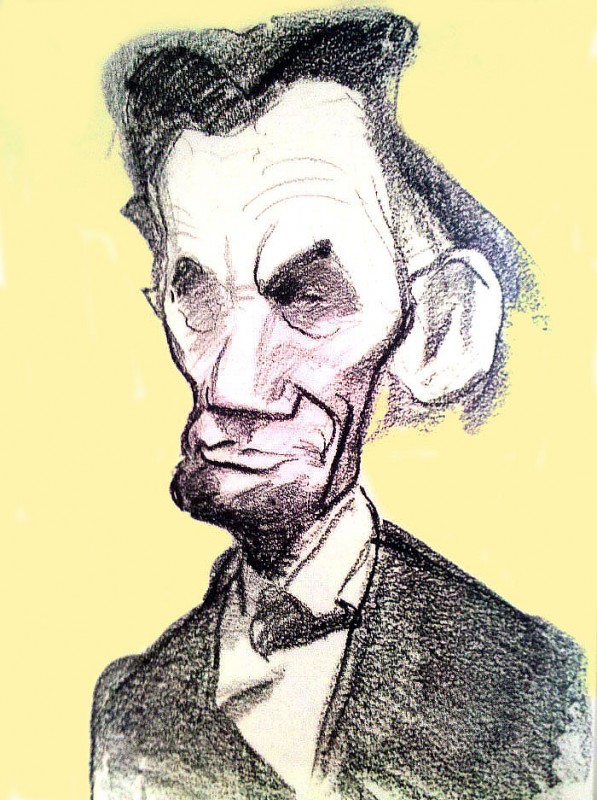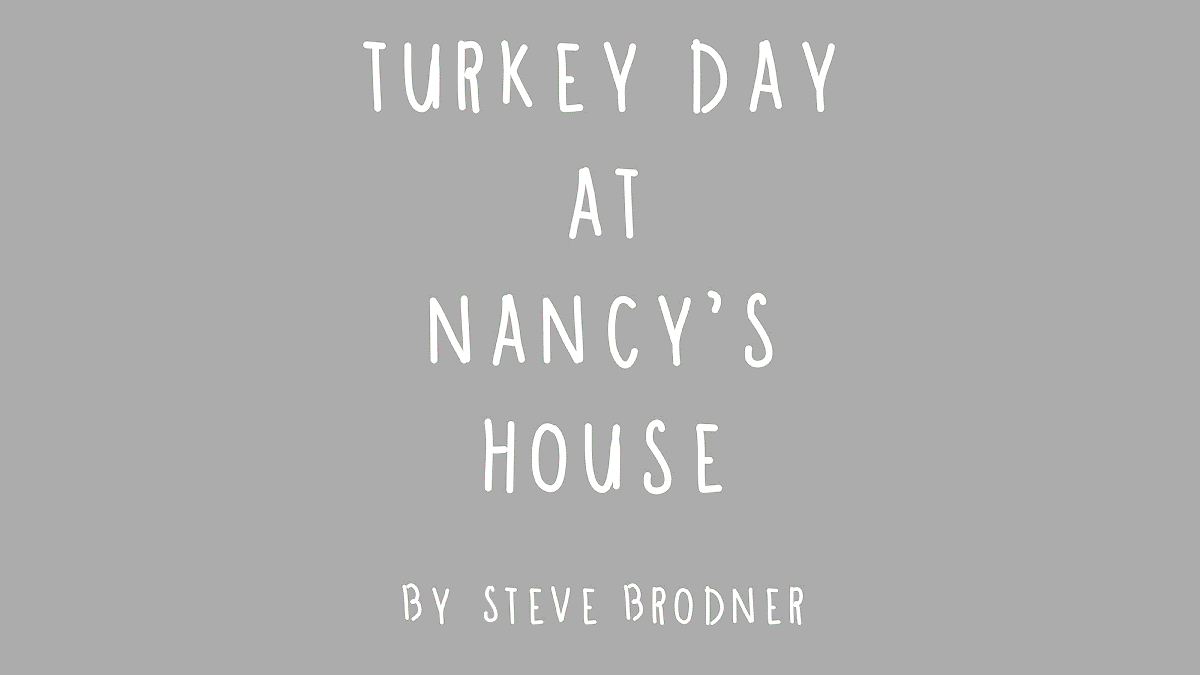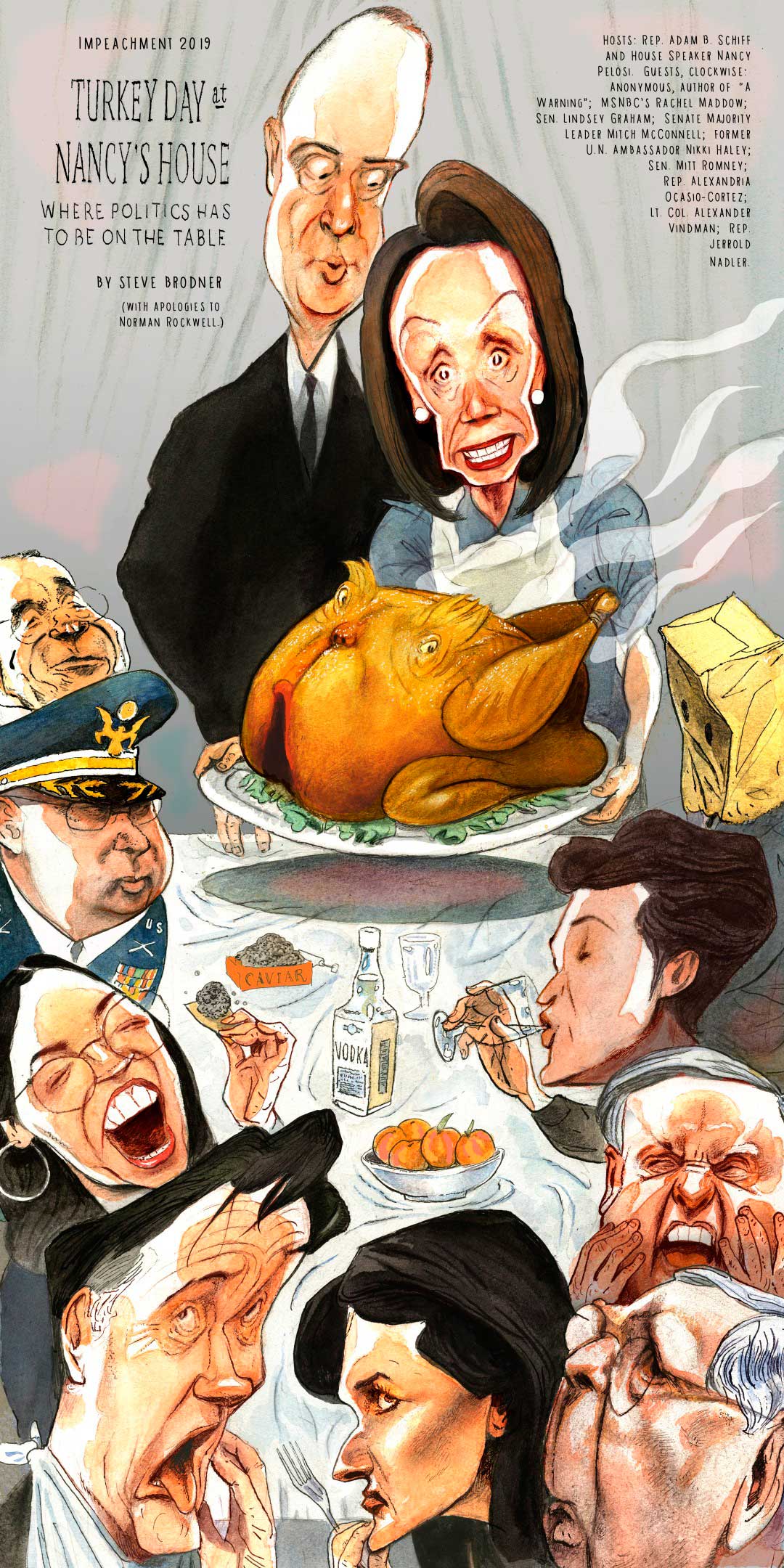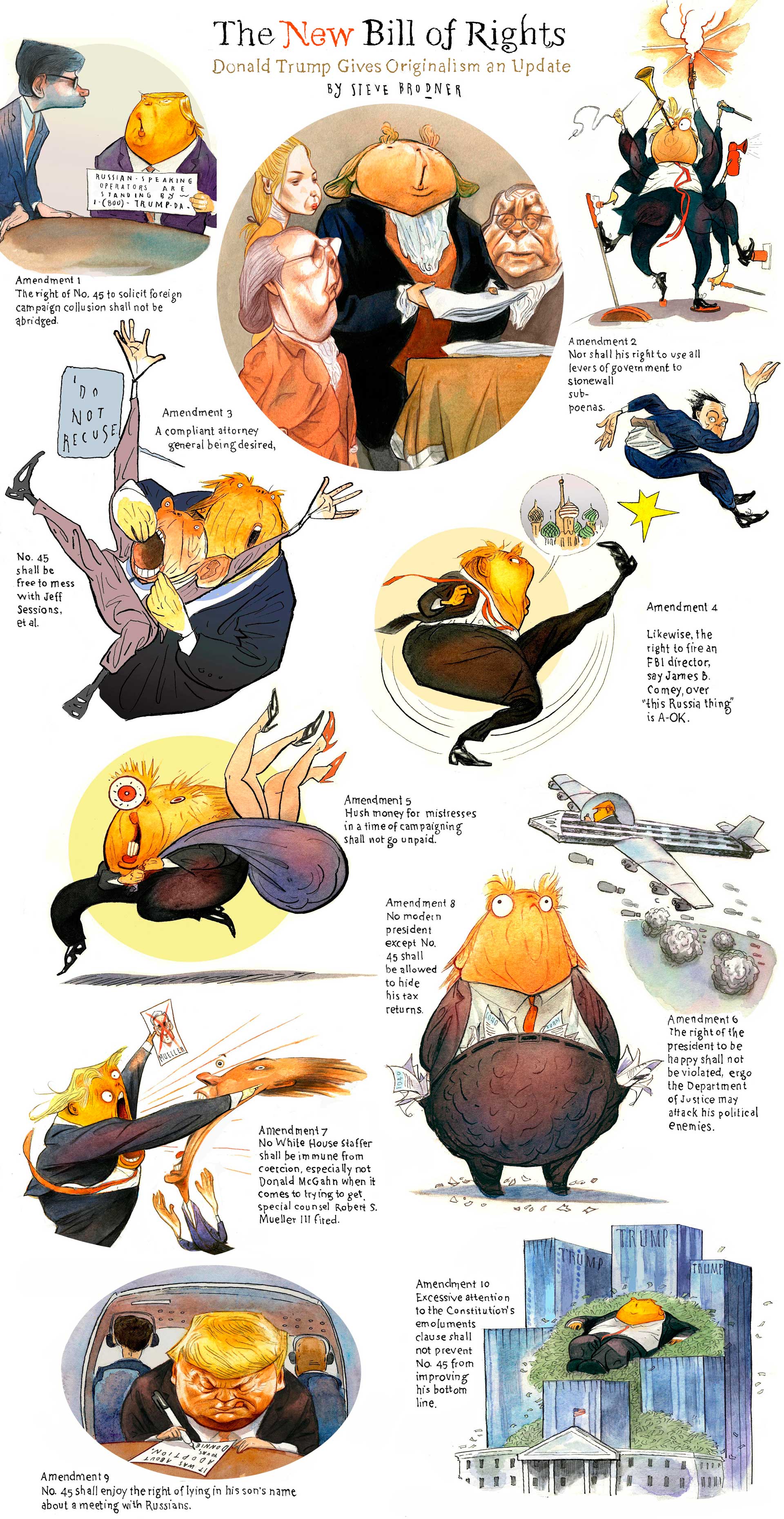A great gift to America this season and always is the understanding of history; the good, the bad and the unspeakable. And right now you can catch a cinematic exploration of a moment in our story which defines who we are and what we can continue to be. In Steven Spielberg’s Lincoln, we see the Lincoln we have read about all our lives come fully to the screen, the maelstrom surrounding him, and his clear, methodical movement toward what was not only a correct decision but a moral call for the ages: the 13th Amendment, ending slavery in the United States forever. How he applies down and dirty politics to the cause of the angels is amazing. And the personal and political transformation of Lincoln is fascinating, moving with ever more conviction toward the correct position. The skill of the film is to give you a strong sense of how this might not have happened. Politics might have continued to carve up this country. I am certain that if the events of January 1865 had worked out differently we would be a collection of small warring nations now and most of the world would be speaking German. Add to the power of the story, written by Tony Kushner, the extraordinary detail of every inch of this film, bringing you the lighting and the environs of 19th century Washington and all the great performances and you have a remarkable thing indeed. And then there is Daniel Day-Lewis who somehow solves the problem of showing an extraordinarily gifted man with a common touch, looking into the eyes of everyone and asking personal, philosophical questions. He is deeply absorbed in every moment, almost never a victim to the heat, operating at a certain remove, maintaining his own sanity in the surrounding chaos.
A big takeaway here, no coincidence I am sure, is on the heels of our recent election, to remind us of how deep to the core racism runs here. And also, how the better angels of our nature can rise up from time to time and prevail. Which just happened this month again. The confluence overwhelmed me more than once.
We hear Lincoln tell a man to disenthrall himself from the culture of slavery. Likewise, we need to disenthrall ourselves today. We are all in a box we need to examine. And get free.
One more thing:
Want to add this. It’s the entire Ruth Marcus column for today bolting strong cables between this film and the current fiscal cliff. Excellent.
WASHINGTON — President Barack Obama hosted a screening of Steven Spielberg’s “Lincoln” at the White House the other day. He should do it again — and again and again.
For the subsequent showings, though, the president ought to invite every member of Congress. Have them settle into the plush red seats of the White House theater and mull the possibilities, for landmark greatness or epic failure, available to a second-term president and lame-duck Congress.
“Lincoln” is exquisitely crafted and even more exquisitely timed. Focused on Abraham Lincoln’s battle to win House passage of the 13th Amendment, it presents useful lessons in the subtle arts of presidential leadership and the practice of politics, at once grimy and sublime.
Dealing with the fast-approaching “fiscal cliff” is not a national crisis on the order of abolishing slavery. The country is limping out of a recession, not embroiled in a bloody civil war.
Still, “Lincoln” offers lessons in the canny exercise of authority — the utility of the presidential office for congressional ego-stroking; the hidden, often grubby, levers of persuasion; the awesome force of a chief executive “clothed with immense power,” as Lincoln described the office.
“Lincoln” is a case study in presidential lobbying. To pass the 13th Amendment, the president needs to flip at least 20 Democratic votes in the House — to win over, as Secretary of State William Seward colorfully put it, the “same gang of talentless hicks and hacks who rejected the amendment” months earlier. Sound familiar?
At the start of “Lincoln,” the first couple are planning a reception for members of Congress and other dignitaries. It is, Lincoln tells his wife, “a necessary hindrance.” Mary Lincoln deduces her husband’s hidden agenda: the 13th Amendment. “Why else would you force me to invite demented radicals into my home?” she concludes in an assessment that perhaps resonated with the current occupants.
There is an obstinate naivete to the common assertions that more assiduous congressional stroking on Obama’s part would have guaranteed better results during his first term. The president confronted a united opposition bent on denying him re-election; if anything, there were times — for example, negotiations over health care reform — when he erred on the side of assuming that too much could be achieved by reasonable people reasoning together.
But anyone who has seen the lines of lawmakers of both parties waiting patiently at White House holiday receptions for their turn at the presidential photo-op recognizes the allure of access to the chief executive. Relationships matter. They build trust and mutual understanding. As Lincoln appreciated, a bit of presidential schmoozing never hurts.
And there are alternative routes to a congressman’s vote, if not his heart. Lincoln employs, even as he maintains a dignified presidential distance from, a rascally trio of lobbyists dispatched to cajole — or, more accurately, induce — Democrats to support the amendment.
As Lincoln tells his Cabinet, the election means that there will be “64 Democrats looking for work come March,” and any number of postmaster positions and other patronage jobs to dispense. To point this out is not to endorse bribery, but to observe that part of effective congressional relations is grasping the practical needs of those whose votes you seek.
“Lincoln” has instructional value for lawmakers as well. I happened to see “Lincoln” at a screening (not in the White House) that included about a dozen members of Congress, and I could hear their murmurings of assent or rueful recognition.
The members chuckled when Seward, noting that Lincoln could not afford to lose any Republican votes, asks, “Since when has our party unanimously supported anything?” They chuckled even louder when Thaddeus Stevens, the radical Republican abolitionist, lectures Lincoln, “I lead — you ought to try it.”
Some of the film’s most stirring moments take place in the crowded House chamber as Democrats, under immense party pressure to defeat the amendment, yield instead to the dictates of conscience. Likewise, the outspoken Stevens tempers his fervent support for racial equality in order to secure the amendment’s passage. “He might make a politician someday,” Mary Lincoln observes.
Search our databases
Congress is composed of individuals, in both parties, who are better than their institutions allow. They want to do the right thing for their country, even if it means bucking their party or compromising in the service of progress.
Like its Civil War predecessor, the closing days of the 112th Congress can be another moment when politics transcends partisanship and Lincoln’s better angels emerge.





